Frequently Asked Questions
FAQs
-
Common signs include leaks, such as water spots on walls or ceilings, unusual noises like banging or hissing sounds, low water pressure in faucets or showers, slow drainage in sinks or tubs, and unexplained increases in water bills. For instance, a continuously running toilet may indicate a leak that needs attention.
-
Plumbing repairs involve fixing existing issues, such as repairing a leaking pipe or fixing a malfunctioning water heater. On the other hand, plumbing upgrades encompass improving or modernizing elements of the plumbing system. For example, upgrading to a tankless water heater for increased energy efficiency or replacing old pipes with corrosion-resistant materials for longevity.
-
Repair costs depend on factors such as the complexity of the issue, materials needed, and the time required for the repair. For instance, fixing a minor leak in a faucet may have a different cost compared to repairing a burst pipe. I will assess the problem, provide an estimate, and discuss the necessary repairs with you before commencing work.
-
Routine backflow testing ensures that devices designed to prevent the reverse flow of water are functioning correctly. An example would be testing the backflow preventer on a sprinkler system to ensure that water used for irrigation does not contaminate the municipal water supply with fertilizers or pesticides.
-
Backflow is the reverse flow of contaminated water into the clean water supply, which can occur due to changes in water pressure. An example would be when a backflow preventer fails, allowing water from a garden hose with fertilizer or pesticides to flow back into the main water supply, compromising its quality. Regular testing and service of backflow preventers are crucial to prevent such occurrences.
-
Regular maintenance, prompt attention to minor issues, and avoiding the misuse of plumbing fixtures can help prevent major plumbing problems. For example, being mindful of what is flushed down toilets and avoiding putting grease down kitchen drains can prevent clogs and backups. Additionally, investing in quality plumbing installations, such as durable pipes and fixtures, contributes to long-term reliability.
-
Regular plumbing maintenance is recommended at least once a year to catch potential issues early and ensure the longevity of your plumbing system. An example of routine maintenance includes inspecting and flushing a water heater to remove sediment buildup, preventing corrosion and improving efficiency.
-
It's advisable to call a plumber for issues beyond simple fixes. For instance, persistent leaks in hidden pipes, water discoloration indicating potential pipe corrosion, or any plumbing problem that you're unsure how to address. If you notice a sudden drop in water pressure throughout your home, it could be a sign of a larger issue that requires professional expertise.
-
Depending on the complexity, scope, urgency and budget of the project, I provide plumbing services to all southern and central Vancouver Island communities including:
• Langford
• Greater Victoria
• Shawnigan Lake
• Cowichan Valley
• Chemainus/Ladysmith
• Nanaimo
Please contact me to discuss your project.
-
Yes! We are a fully licensed and insured business.
